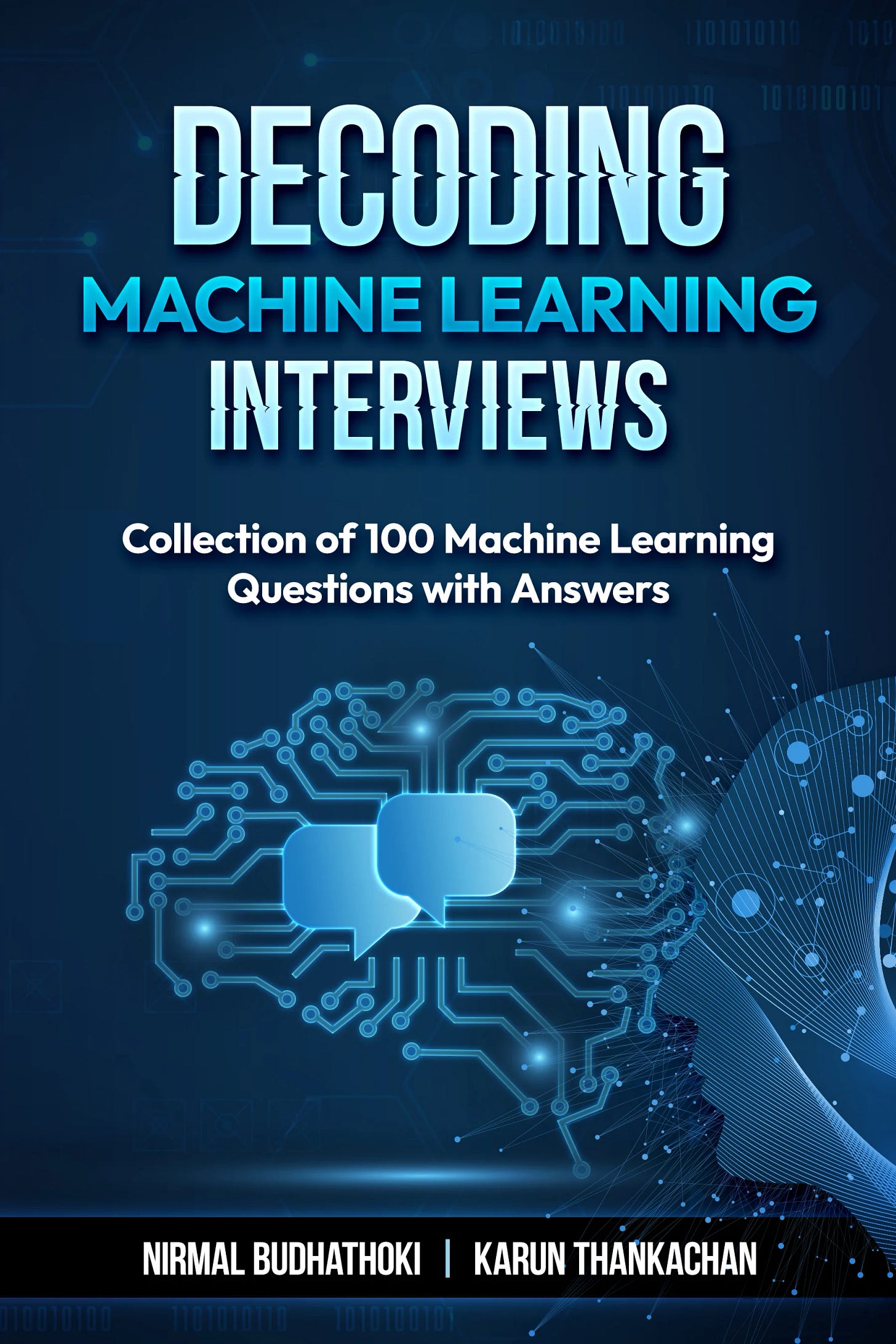This week's agenda:
Open Source of the Week - The gt-extra project
New learning resources - deploy AI agent to production, logging LangChain with MLflow, sofrware agents, Pydantic AI, vibe coding with n8n, VGG from scratch, building and deploy AI app
Book of the week - Decoding Machine Learning Interviews by Nirmal Budhathoki and Karun Thankachan
I share daily updates on Substack, Facebook, Telegram, WhatsApp, and Viber.
Are you interested in learning how to set up automation using GitHub Actions? If so, please check out my course on LinkedIn Learning:
Open Source of the Week
This week’s focus is on the gt-extra project - new Python library for creating tables for Python. The gt-extra is a wrapper on top of the gt (great tables) library and it provides a set of functions for adding to gt tables plots, icons, and other enhancements.
Project repo: https://github.com/posit-dev/gt-extras
Key features
Apply color gradients and highlights
Add plots to table cells for visual data representation
Embed FontAwesome icons
Use pre-built themes for quick styling
Utilize helper utilities for common table tasks
The following example from the project repository demonstrate the library functionality:
This creates the following beautiful table:
More details are available on the project documentation.
License: MIT
New Learning Resources
Here are some new learning resources that I came across this week.
Build and Deploy an AI Agent to Production
The following short tutorial by Venelin V. provides a concise example for deploying an AI agent to production using tools such as Docker, MLflow, Ollama, and LangChain.
MLflow Autolog Integrated with Langchain
This is a great introduction for logging a LangChain process with MLflow.
Software Agents - The 3P Architecture
The following post from the When Engineers Meet AI newsletter by
introduces the 3P architecture—Perception, Planning, and Performance—as a simple framework for designing software agents. It outlines how agents can process information, make decisions, and act, with examples from modern AI systems.Useful for those exploring structured approaches to building AI agents.
Introduction to Pydantic AI
This is a short and concise tutorial for setting up a type-safe AI agent in minutes with Pydantic AI.
Vice Coding with n8n
The following tutorial by Vinci Bits demonstrates how to leverage vibe coding and n8n to build a full-stack AI apps.
Introduction to Deep Learning Models for Computer Vision
This course introduces the Visual Geometry Group (VGG) - a deep convolutional neural network architecture for computer vision applications.
Build and Deploy a Polished AI Project
Another course from freeCodeCamp by Ayush Singh focuses on building and deploying an AI application.
Book of the Week
This week's focus is on interviews prep book. The Decoding Machine Learning Interviews by Nirmal Budhathoki and Karun Thankachan provides a practical guide for machine learning interviews. The has 100 questions covering the most commonly interviewed upon topics in foundational ML.
Topics covered include:
Key concepts across foundational machine learning: linear regression, classification, deep learning, and beyond.
A wide range of commonly asked interview questions drawn from top tech companies.
Practical foundational ML topics in depth, with realistic scenarios and answers.
The book is ideal for aspiring data scientists or machine learning engineers preparing for technical interviews - especially those seeking structured exposure to essential, high-frequency interview concepts.
The book has a digital version and it is available for purchased via Gumroad.
Have any questions? Please comment below!
See you next Saturday!
Thanks,
Rami








Thank you so much for mentioning and sharing it . Much appreciated !